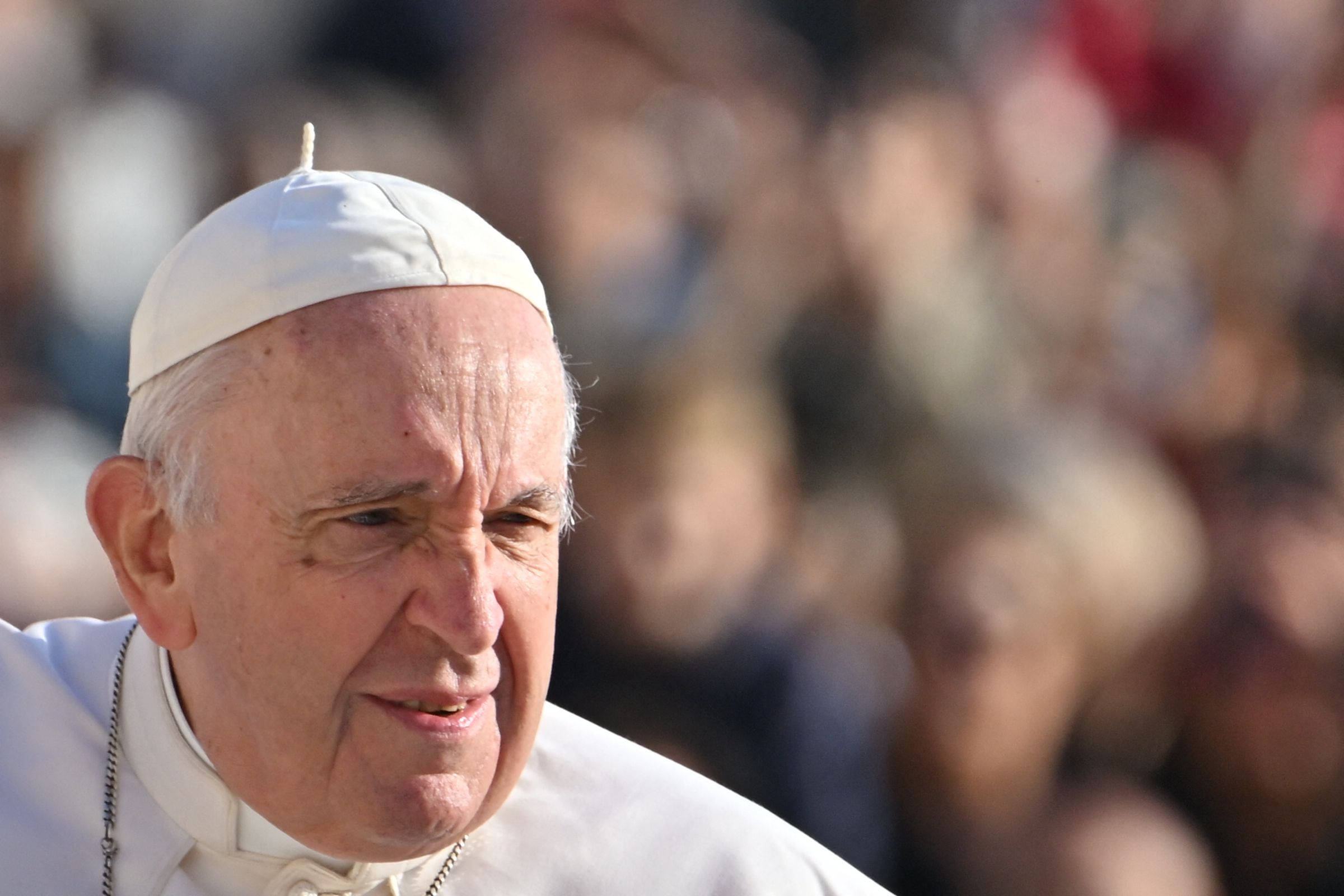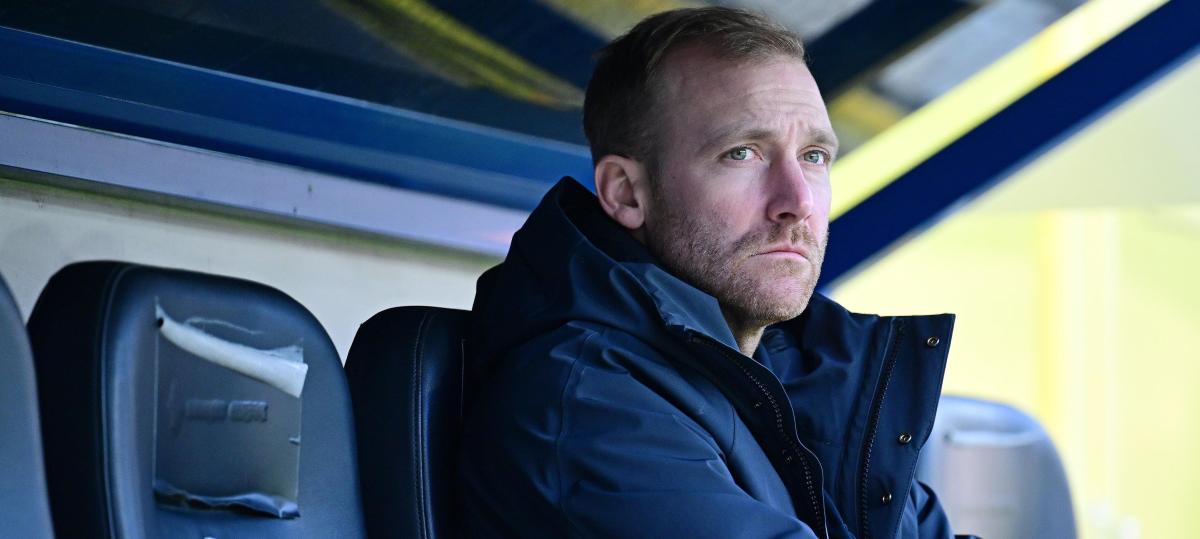The Pope’s Legacy of Modern Times

« Everyone, all, all. » Of all the legacies that Pope Francis leaves, this will be perhaps the greatest: to make everyone’s church more inclusive.
Francis’ legacy began to form as soon as he took office. Francisco – name chosen by Jorge Mario Bergoglio – is a tribute to the medieval saint Francis of Assisi, who defended the poor. That was the life I always wanted to take. It was, by the way, the first Pope to adopt this name.
Throughout the pontificate he always asked « a church for the poor, » a church that reached what he called « peripheries. » He asked for a humble, more merciful and inclusive church, and has often remembered without the « marginalized » people by society.
Always remembering the defense of the poor, he chose to live as such. On the first day as a Pope, in March 2013, appeared dressed in a simple white cassock and black shoes. Upon taking office, he quickly got rid of most papal props and chose to live in rooms at the Vatican’s guest house instead of the papal residence in the Vatican city.
Social justice, the defense of the most needy, and the need to build bridges between Christians and non -Christians were part of every day of their pontificate. « Without justice there is no peace. In fact, if justice is not respected, conflicts are generated. Without justice, the law of strong consecrates itself over the weak, » he recently preached in St. Peter’s Square.
Beloved by many, Francisco was not controversial. His ideas have stirred many conservatives and was not always welcomed.
During his pontificate, between 2021 and 2024, he gathered in Rome a synod, where he joined people from all over the world and from the entire Catholic Church, men, women, priests, and securities. This kind of meeting, created by Pope Paul VI after the Second Vatican Council, is an environment of meeting bishops from around the world to analyze the needs of society and the church, with specific themes. But it didn’t always work authentically, it is said. With Francisco, it changed. He argued that synodality is the only possible « church style » in our time. « The world in which we live, and which we are called to love and serve even in its contradictions, requires the church to strengthen synergies in all areas of its mission, » he said. « What the Lord asks us, in a sense, is already contained in the word ‘Synod’. Walking together – lay, pastors, bishop of Rome – is an easy concept to express in words, but not so easy to put into practice. »
The synod about synodality, which summoned between 2021 and 2024, was an invitation to Catholics to think of the church. In November 2024, Francis approved the final document of the XVI General Assembly of the Synod of Bishops, a text with 155 points that reflects three years of listening to the people of God on the theme “For a Synodal Church: participation, communion and mission”. In the closing discourse, he highlighted inclusion and harmony as fundamental pillars, emphasizing the need to build a church without walls and criticizing attitudes of rigidity.
The reform in the Roman Curia was one of the changes imposed by the Pope. Thus, a new dicker was instituted for evangelization, chaired directly by the Pontiff, and the involvement of the laity “in the functions of government and responsibility”.
About the changes, the Portuguese Episcopal Conference argued that “with the good shepherd, Pope Francis continues to invoke the renewal of the whole church, in particular in this synodal process he began” and that “the Holy Father does not leave us a finished process, but a way to go in the light of what the Holy Spirit blows to the church in a time of countless challenges. of the mission and transformation of the Church ”.
It is therefore clear to a change in the church that does not please everyone but is a ‘fresh breath’ to so many others. Now, it remains to know who comes and will continue this legacy.
Open the Church to the divorced and homosexuals
And if for Francis the church is all of all, it will certainly be more open. Thus, he did so, for the divorced, asking the priests from all over the world to bless the divorced dismissals, a historical and unprecedented decision in the Holy See.
In 2015, Francisco spoke about divorced who return to marry, arguing that « these people are not excommunicated and should not be treated as such. They are always part of the church. » Francisco also stated that shepherds should discern different situations between « who was confronted with the separation and who caused it, » but « the church has no closed doors for anyone. » An idea that always took later during his pontificate. Later, he defended the granting of sacraments to the divorced divorced and « in certain cases » also if they do not comply with the sexual « continence » required by the Church.
In an apostolic exhortation called Amoris LaetitiA, the Pope argued that the divorced « not only do not need to feel excommunicated, but they can live and mature as members of the Church. » A position that has been reiterating over the years, arguing that the faithful divorced and that they have returned can receive the sacrament of the Eucharist after undergoing a process oriented by a priest.
It also had a pioneering position on homosexuality. « If a person is gay and looking for the Lord with good will, who am I to judge him? » He said a few months after becoming Pope. In an interview with Associated Press In January 2023, he argued that “being gay is not a crime” and that laws that criminalize homosexuality are “unfair” – an ostensibly political statement and an unprecedented papal push regarding governments regarding LGBTQ+rights.
These well -marked positions of Francis continued to show their position over the years over the same -sex church. Although he has never equated homosexual marriage to the canon law, he has always been transparent in his opinion as to civil unions, stating that homosexuals « have the right to form a family. »
Although he has not moved in church rules regarding gender issues, he tried to open mentalities. He made herself available to meet homosexual and transgender people and heard them. And even advised her parents. « First, pray. Do not condemn. Dialogue. Make room for your son or daughter to express themselves. » And he shot, « Ignoring a child with homosexual tendencies is a lack of motherhood and paternity. »
The role of women
Always known for the importance of the role of man, the years with Francis at the head of the church also brought some transformations. It is undeniable that the Pope raised the role of the woman in the church and even gave them some of the highest places in the Vatican. « The first witnesses of the resurrection are women. And that’s beautiful. And this is a little the mission of women. » Dictated by Francis months months after becoming Papa, the phrase shows his concern for female role, always showing the desire to offer new spaces to women in church and society.
In April 2024, he devoted the month to the role of women asking « to recognize in each culture the dignity of women and their wealth, and cease the discrimination that they are victims in various parts of the world. »
In the last 10 years, according to the Vatican Newsthere was an increase from 19.2% to 23.4% in the number of women to work in the Vatican. Earlier this year there were 1,165 employees. Despite the highlight given to female role, Francisco has always rejected women to be sorted.
Sexual abuse
« The Church must be ashamed and ask for forgiveness. He must act with Christian humility so that it will never be repeated. » Sexual abuse in the Catholic Church were perhaps the biggest challenge for Pope Francis. But it was also the first to assume it and to condemn it.
Between 2018 and 2023, he performed several normative and organizational reforms so that abuse is prevented and punished, promising “zero tolerance” with abusers.








